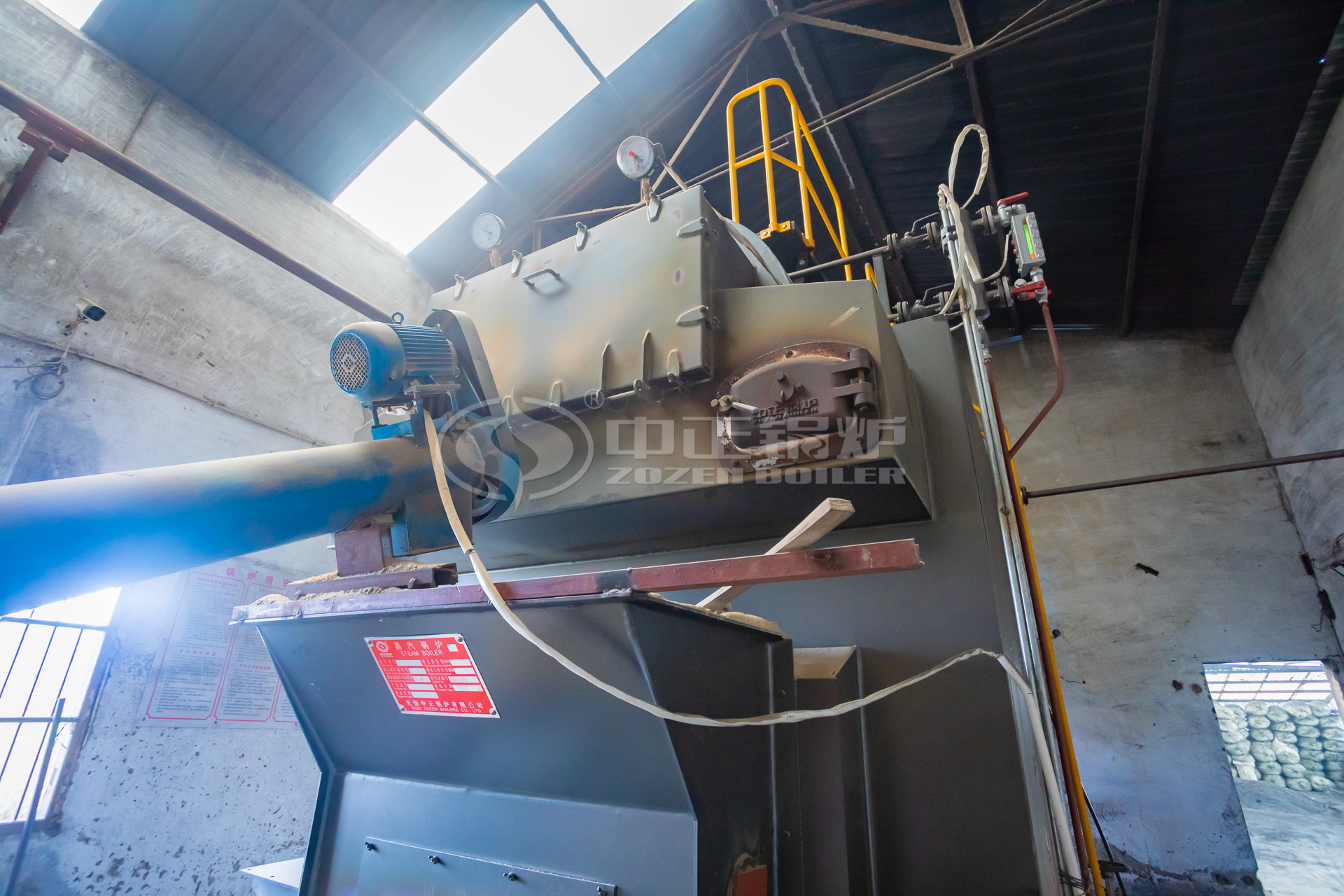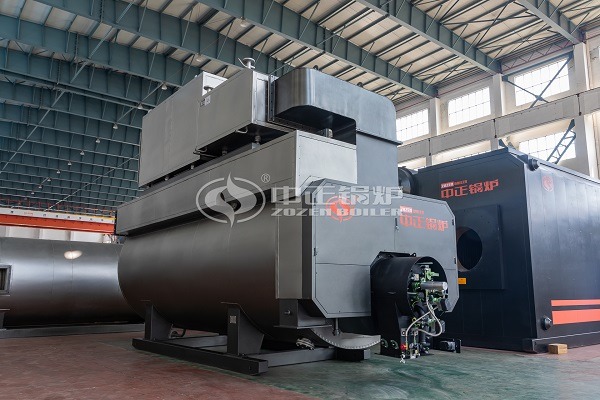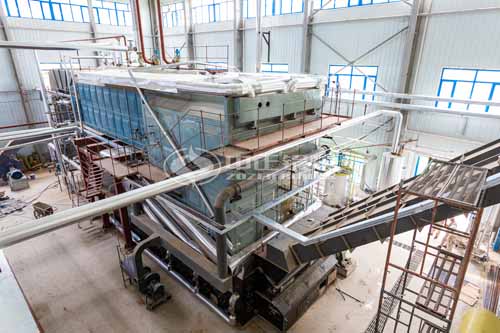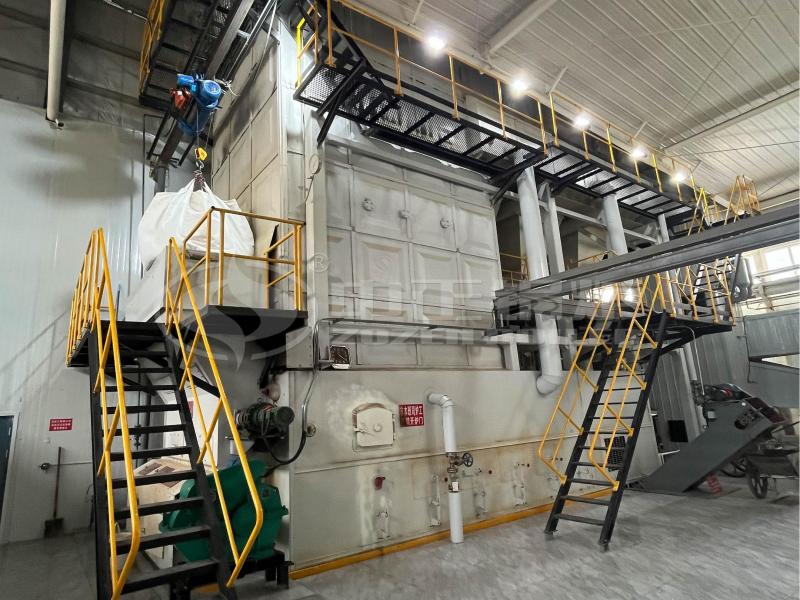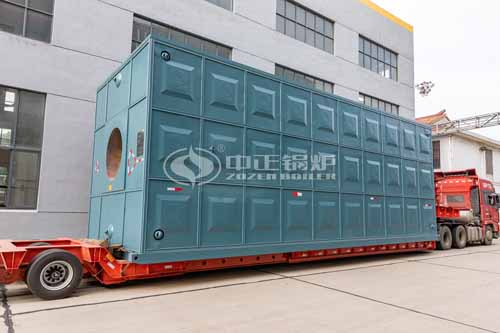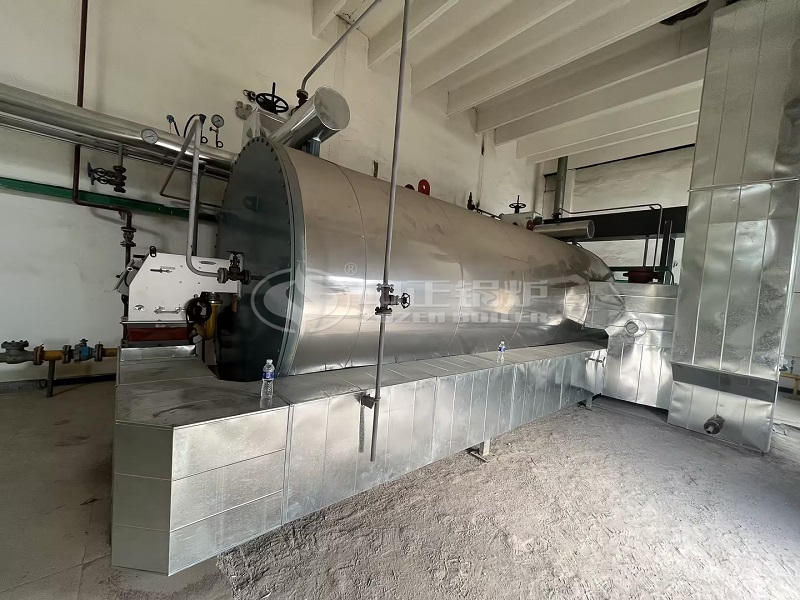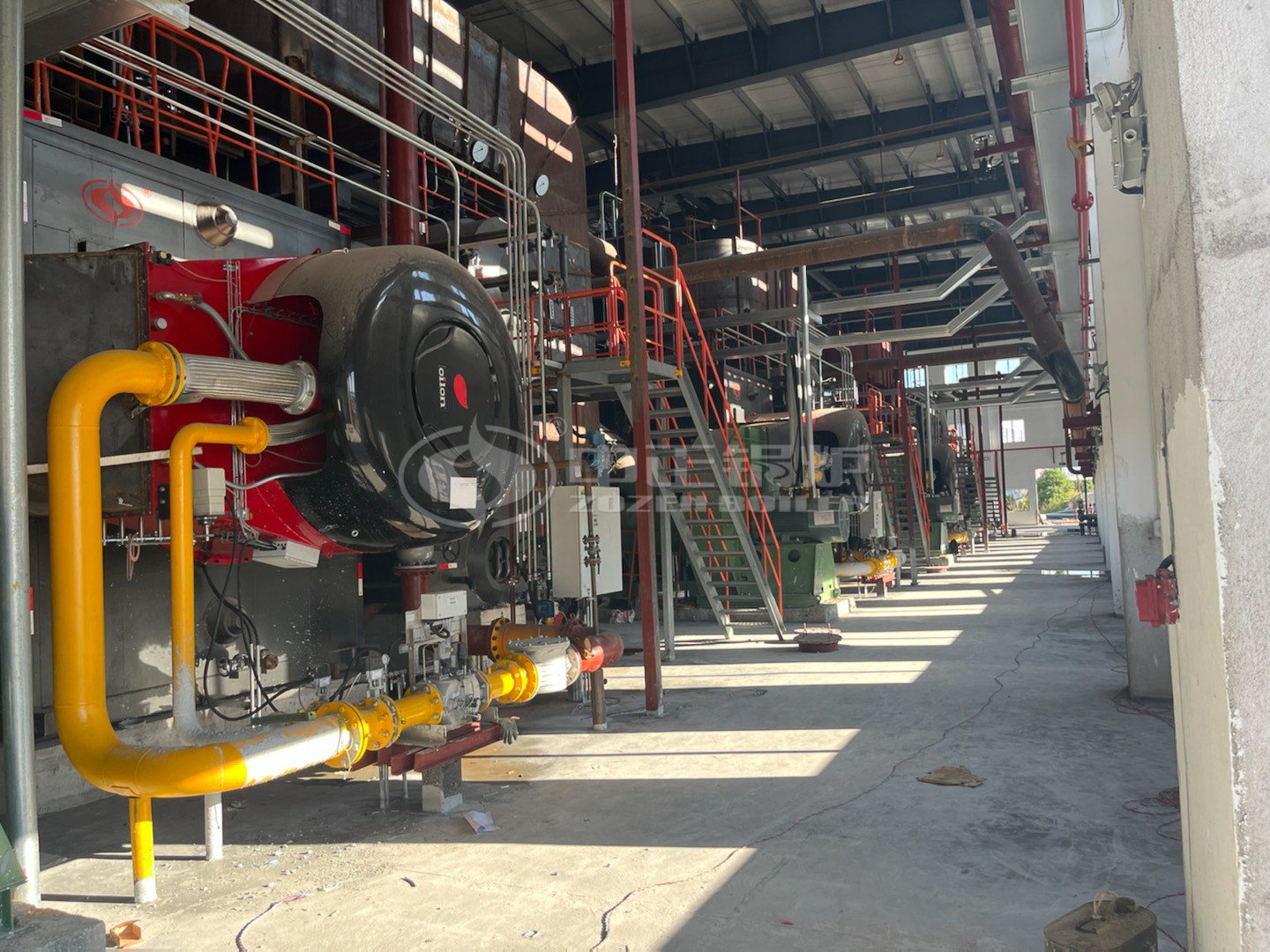The Critical Importance of Biomass Boiler Efficiency
In today’s energy-conscious industrial landscape, biomass boiler efficiency has become a paramount concern for businesses seeking sustainable and cost-effective steam generation solutions. As industries worldwide strive to reduce carbon footprints while maintaining operational competitiveness, optimizing biomass boiler efficiency represents a crucial strategy for balancing environmental responsibility with economic viability. High biomass boiler efficiency directly translates to lower fuel consumption, reduced operating costs, and minimized environmental impact – making it a key performance metric for modern boiler systems.
ZOZEN’s Advanced Biomass Boiler Technologies
Leading manufacturers have developed specialized boiler series that significantly enhance biomass boiler efficiency through innovative engineering designs. Three prominent series – SZL, DZL, and DZW – incorporate cutting-edge features specifically engineered to maximize thermal performance while accommodating various biomass fuels. These systems demonstrate how technological advancements can push the boundaries of what’s achievable in biomass boiler efficiency, offering industries reliable and eco-friendly steam generation alternatives to traditional fossil fuel systems.
Features of SZL、DZL and DZW Series Biomass Boilers
The SZL series represents a significant leap forward in biomass boiler efficiency with its unique water-cooled wall design. This double-drum, chain-grate boiler achieves remarkable thermal efficiency up to 86%. The SZL’s large furnace volume ensures complete combustion of diverse biomass fuels including straw, wood chips, corn cobs, and rice husks. The membrane wall structure enhances both efficiency and durability – key factors in sustainable biomass boiler operations.
For operations requiring more compact solutions, the DZL series offers impressive biomass boiler efficiency in a single-drum package. This horizontal three-pass design features threaded smoke tubes and an optimized furnace structure that achieves up to 83% thermal efficiency. The DZL’s innovative combustion chamber configuration ensures thorough fuel burnout, while its intelligent control system continuously monitors and adjusts operations to maintain peak biomass boiler efficiency across varying load conditions.
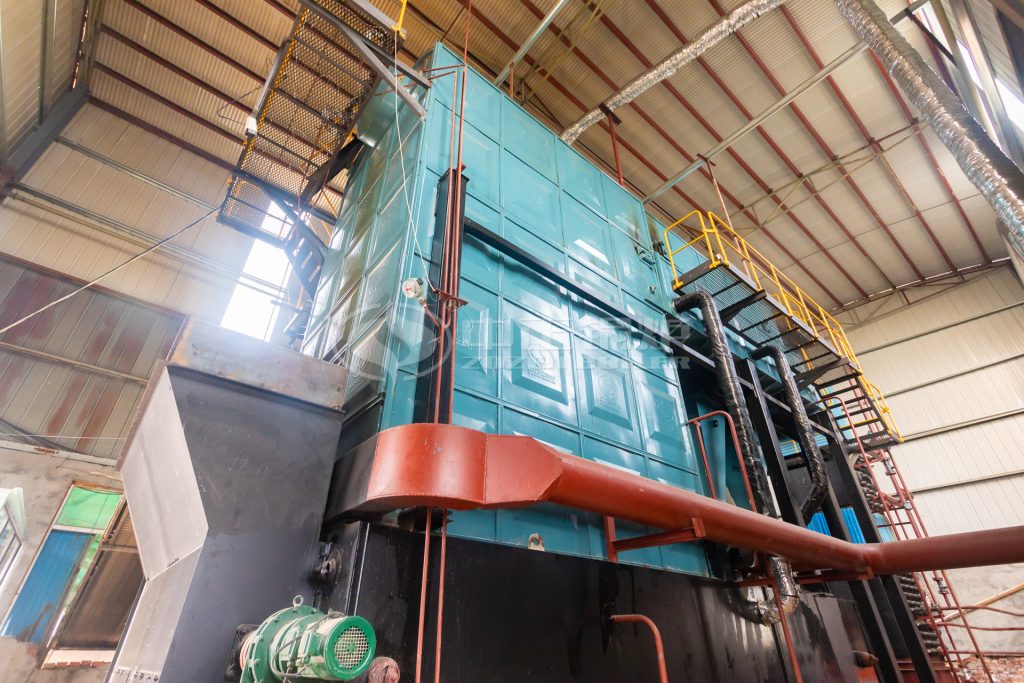
ZOZEN biomass boiler efficiency
The DZW series addresses the specific challenge of maintaining high biomass boiler efficiency when using high-moisture fuels. Its unique grate design and enhanced air distribution system accommodate fuels with high moisture while preventing clinker formation. The DZW achieves up to 86.7% thermal efficiency through its combined radiant and convective heating surfaces, along with advanced heat recovery systems. This series demonstrates that specialized designs can maintain excellent biomass boiler efficiency even with less-than-ideal fuel quality.
Case Study: Textile Industry Application
A prominent textile manufacturer’s experience illustrates the real-world benefits of high biomass boiler efficiency in industrial settings. Facing the dual challenges of steam demand for multiple processes (dyeing, drying, sizing) and the need to regulate workshop temperature/humidity, the company required an efficient thermal solution. The installation of an SZL series biomass boiler delivered measurable improvements across several operational parameters while addressing environmental concerns.
Advantages of ZOZEN SZL Biomass Boiler In the Industry
The biomass boiler’s high efficiency transformed the textile plant’s steam generation system. The water wall tube design increased radiant heat transfer, boosting overall thermal efficiency compared to conventional systems. This enhancement directly reduced fuel consumption while maintaining the stable steam supply critical for consistent textile processing. The boiler’s ability to utilize various biomass fuels provided operational flexibility and cost advantages, particularly important given fluctuating fuel market conditions.
Beyond immediate efficiency gains, the biomass boiler installation generated significant sustainability benefits. The system’s combustion technology minimized particulate emissions, while the use of renewable biomass fuels created a carbon-neutral steam generation cycle. Financially, the improved biomass boiler efficiency translated to annual fuel cost savings, with additional benefits from reduced waste handling and lower maintenance requirements compared to traditional coal-fired systems.
The SZL series’ membrane wall construction resisted ash accumulation and corrosion, while the automated control system enabled predictive maintenance through continuous performance monitoring. These features reduced downtime and extended equipment lifespan – important secondary benefits that complement the primary advantages of enhanced biomass boiler efficiency.
Conclusion: The Future of Biomass Steam Generation
As global industries transition toward renewable energy solutions, maximizing biomass boiler efficiency will remain a critical focus area. The demonstrated success of advanced boiler designs in demanding applications like textile manufacturing proves the technology’s reliability and economic viability. Future developments will likely push thermal efficiency even higher while further simplifying operation and maintenance. For businesses seeking to reduce environmental impact without compromising performance, high-efficiency biomass boilers represent a practical solution that delivers immediate benefits while supporting long-term sustainability goals. The combination of technological innovation and renewable fuel utilization positions biomass boilers as a cornerstone of industrial decarbonization strategies worldwide.
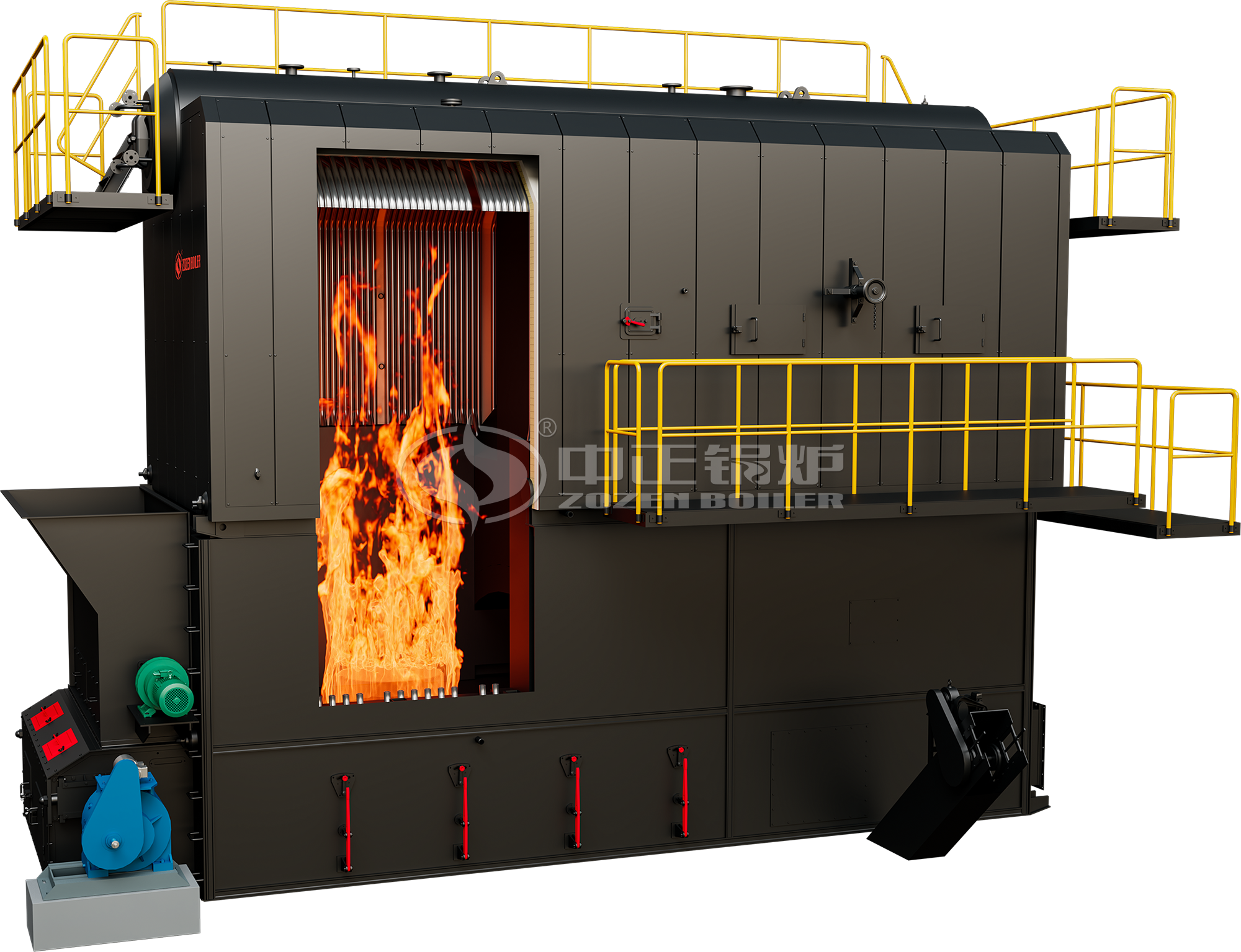
.png)
